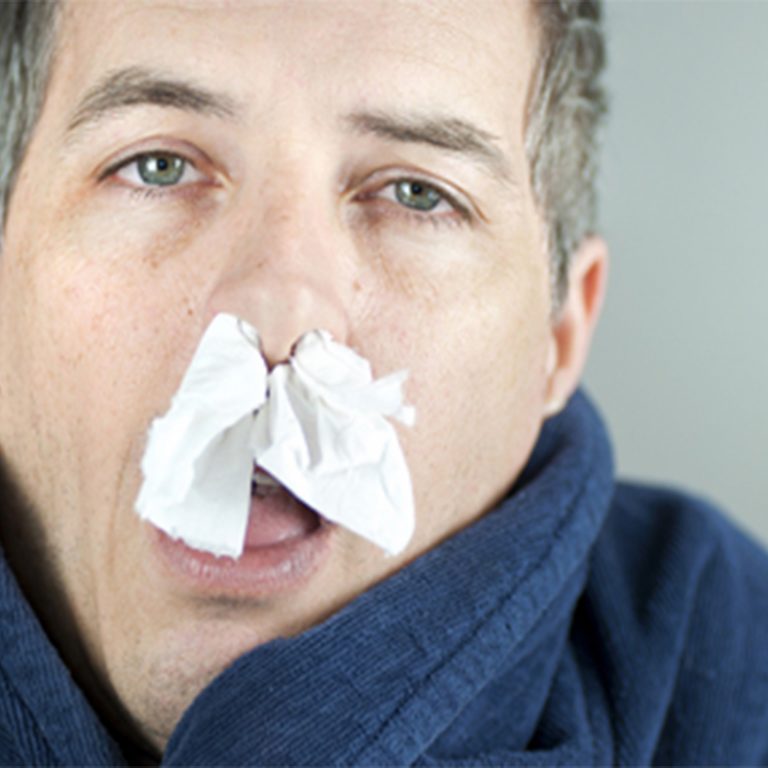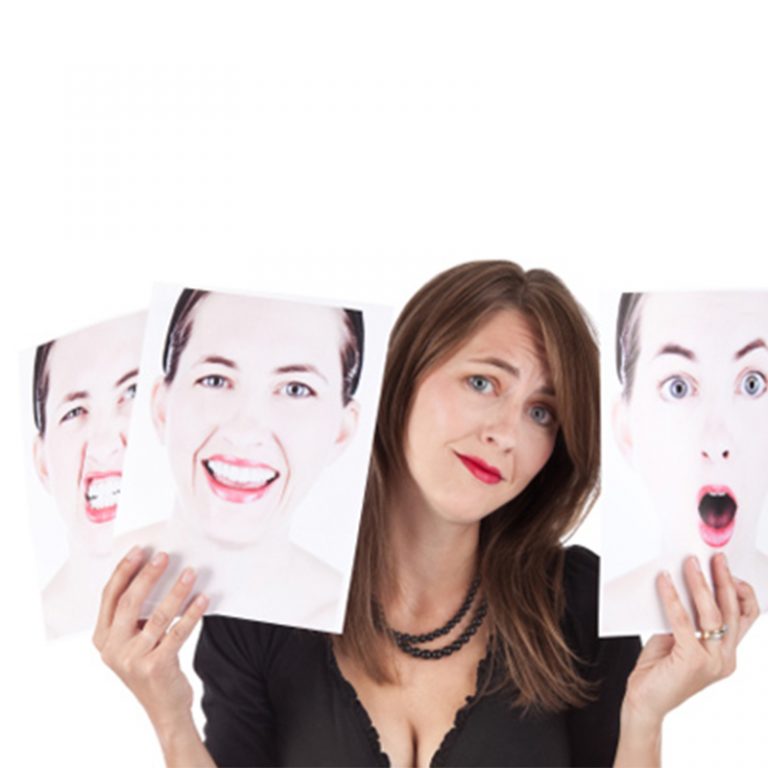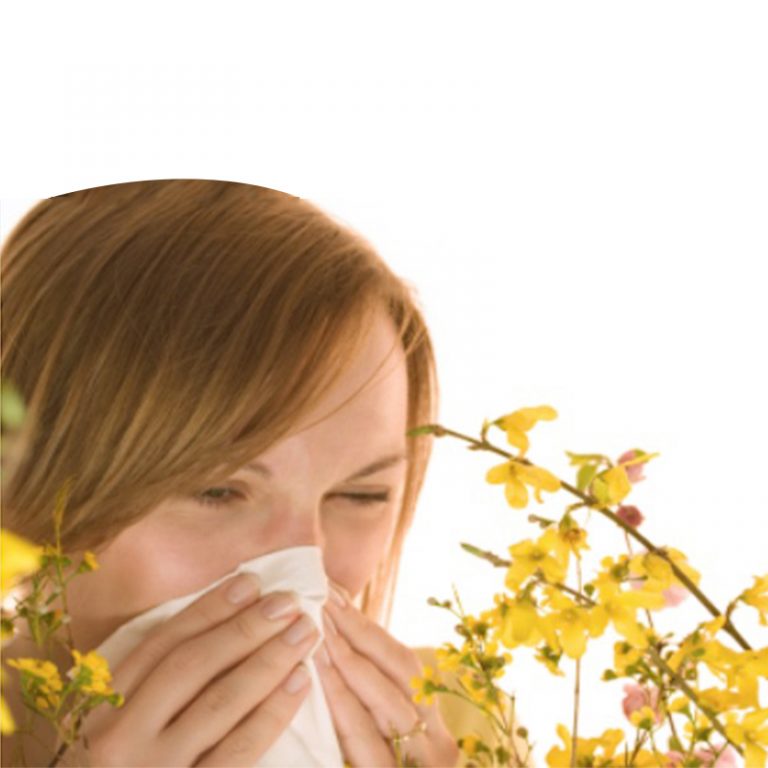Menopause Symptoms and Hair Loss
What Is The Relation and What Can Be Done?
Is your hair breaking off every time you brush it? Do you experience hair thinning or even bald patches? Women of all ages can experience hair loss due to conditions like stress, childbirth and hormonal imbalances, but it is during menopause that such symptoms become more prominent, long-term, and in most cases permanent. While younger women may be able to treat acute episodes of hair loss, a woman past the age of 50 may have difficulty in doing the same due to the fact that her body is experiencing a constant decline. For the sake of this article we will focus on menopause-related hair loss, its causes and treatment options.
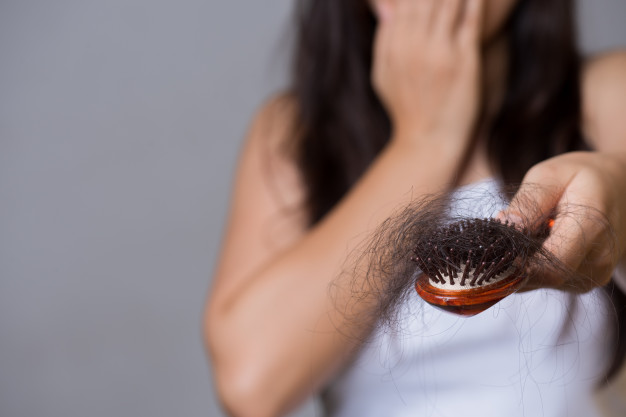
So how does menopause relate to hair, and subsequently hair loss? And what can be done to restore the loss of your lovely locks? Thankfully, Ayurveda can offer the solution.
Why Am I Losing My Hair??
Hormones are essential chemicals within the body that fuel growth. In regards to hair growth, the hormones testosterone and DHEA are that fuel. Generally, all women experience a hormonal decline during menopause which subsequently affects their hair growth. Liver function is also a key factor that weighs in when it comes to healthy hair, as it relates to blood flow, which hair relies on for nutrients and hormones. A condition that affects the liver, therefore, will ultimately affect one’s hair.
As a woman over the age of 50, your hair will turn grey and start thinning, your overall system will become congested and sluggish, and your organs will fail to absorb nutrients, disperse energy, and produce hormones as they once did. This is perfectly normal and can be managed, especially if you opt for holistic treatment, like Ayurveda.
On an individual level, however, there may be more to your hair loss than just menopause. To understand why hair loss is happening to you specifically, you must first have your symptoms evaluated. An Ayurvedic practitioner can do this for you, though further testing may be required. One women’s hair loss cause may not be identical to another’s, so don’t rush to assume your diagnosis or resort to self-treatment.
The most common causes of hair loss associated with menopause often are:
 Reduced hormone levels
Reduced hormone levels- Chronic illness
- Liver dysfunction
- Adrenal disorders
- Thyroid disease
- Ineffective nutrient transportation and absorption
- Nutrient deficiencies (usually mineral deficiencies such as iron and/or copper)
- Hormonal imbalances (in addition to those caused by menopause)
As you can see, there are various factors that may attribute to hair loss during your menopausal years, hence they should not be ignored or expected to go away on their own. Remember, you are aging, and nothing is going to suddenly improve unless you do something about it.
Luckily, there is hope! A woman in her 50s who is experiencing hair loss can substantially restore her hair and prevent further hair loss with Ayurveda. What’s more, a woman with menopausal hair loss prior to the age of 50 can treat her symptoms early on, thus preventing further complications as she ages.
So what are the specific symptoms you should look out for?
Hair loss associated with hormonal decline can present itself as:
 Hair thinning
Hair thinning- Greying
- Dryness of the hair and/or scalp
- Bald patches (Alopecia)
- Loss of volume, sheen and suppleness
- Hair breaking off on brush or when tugged
But what can be done about these symptoms?
Hair Loss Treatment Options – The Choice is Yours!
Witnessing a broken lock of hair tangled on your brush or a bald patch on your scalp can be quite alarming. The first thing most women do is visit a physician or dermatologist and expect a quick-fix treatment. As Western medicine is based on the treatment of symptoms rather than the root cause, a prescription may be offered in the form of oral medication and/or a topical ointment, both of which may or may not produce results and optimally heal the condition. Furthermore, any results can be expected to be short-lived, meaning that you would need a new prescription should the hair loss return. Whatever is causing your hair loss will not be addressed or even questioned, unless you are experiencing recurrent episodes of hair loss or the prescribed medication is not working. But by the time your doctor makes the effort to figure that out, you will have been guinea-pigged into taking multiple drugs, enduring side-effects and potentially even putting your health at risk!
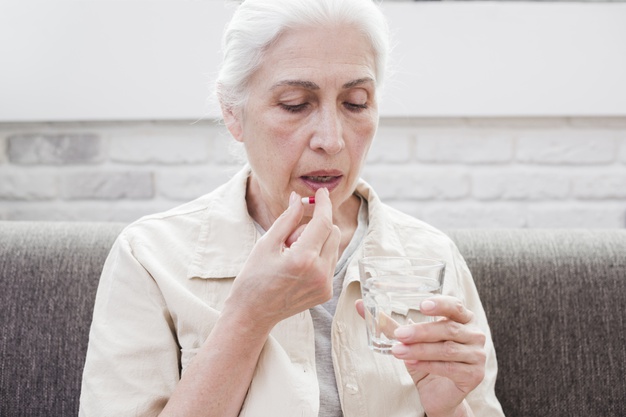
Another option is Hormone Replacement Therapy (HRT). A keen physician or endocrinologist who has made the connection between your hair loss and declining hormones will most likely prescribe this. HRT typically comes in the form of ointments, patches, pills, gels, and sprays, all of which still fail to address the overall system and focus predominantly on boosting hormonal levels through an external, synthetic source. Results are, as expected, short-term and you will have to endure the ups and downs of your hormonal levels rising and then plummeting again once the medication wears off.
The most harmless and successful treatment for menopause-related hair loss is that which includes natural resources and holistic treatment. Ayurveda is such a healing modality and is a proven holistic science backed up by 5,000 years of successful application. Ayurveda does not prescribe drugs or synthetic hormones. Better still, you can expect no side-effects and your body will learn how to produce the hormones it requires without relying on external resources.
But how exactly does Ayurveda work?
Ayurveda’s Solution to the Menopause Symptom of Hair Loss
According to Indian holistic medicine Ayurveda, menopause symptoms of hair loss, and any symptoms for that matter, can be treated according to each person’s unique body system known as Dosha. When your constitution is assessed and the root cause of your symptoms identified, you will be prescribed a customised treatment plan. This will not be a one-fits-all remedy, but rather a very personal plan tailor-made just for you.
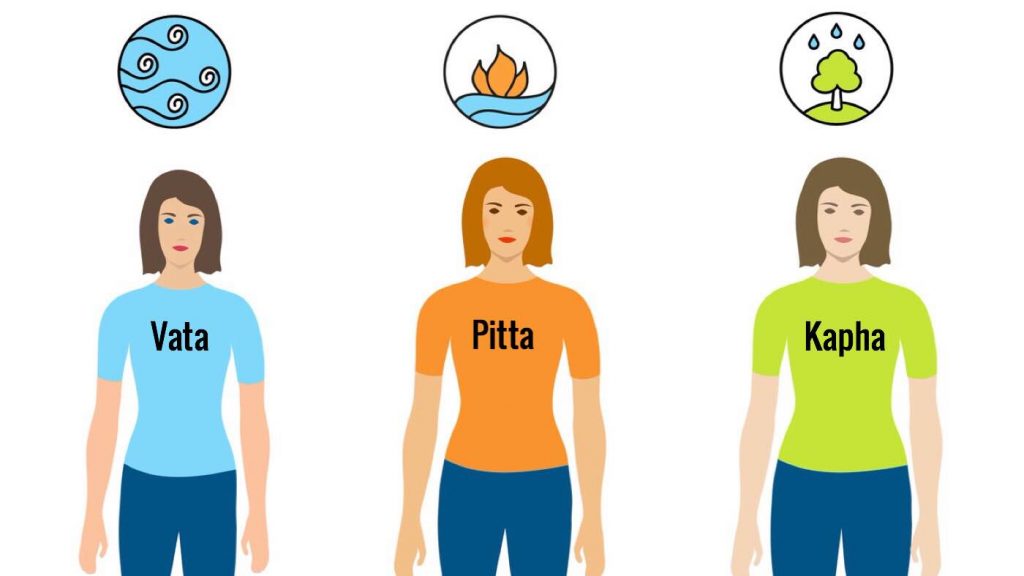
Your Ayurvedic practitioner will acknowledge your hair loss symptoms as a Vata disturbance (excessive Air which has penetrated the organs, cells and nerves). He will thus treat the underlying Vata imbalance responsible for your hair loss rather than target the symptoms it expresses, as conventional Western medicine normally does. He will start by working on your organs and system, as one or more will most likely be ineffective or dysfunctional. These organs and systems typically include the brain, thyroid gland, liver, vascular system and digestive system.
Your Hair Loss Treatment Plan will most likely include one or more of the following:
- A customised Ayurvedic herbal decoction (prescribed as an oral remedy or administered as an enema)
- A customised formula to treat any deficiencies (particularly mineral deficiencies)
- A customised diet plan
- Yoga therapy instructions
- Hair and scalp massage
But is there anything you can do to treat menopause-related hair loss by yourself?
Self-Help Tips for Menopause-Related Hair Loss
While it is best you first consult an Ayurvedic practitioner for a full hair loss treatment plan, there are some complimentary self-help tips you can implement from the comfort of your home to combat hair loss:
- Massage your hair roots and scalp with Bhringaraj Masage Oil to stimulate growth, cool you down and help you relax.
- Eat asparagus, which will boost hormone production, detoxify your liver and open all your body channels.
 Incorporate antioxidant dark berries (blueberries, blackberries, raspberries) into your diet as well as black grapes, as these will pigment your liver, reduce free radicals and detoxify your blood.
Incorporate antioxidant dark berries (blueberries, blackberries, raspberries) into your diet as well as black grapes, as these will pigment your liver, reduce free radicals and detoxify your blood.- Drink beetroot juice, which will too contribute to pigmentation, stimulate hair growth and prevent balding. Beetroot can also be used as a hair mask to enhance colour and radiance.
- Practise Yoga asanas such as Sarvangasana (Shoulder Stand), Uttana Padasana (Raised Legs Pose), and Pavanmuktasana (Gas Release Pose).
- Drink plenty of water or eat a bowl of watermelon daily to keep your body hydrated and overall systems functioning optimally.
Sick of thinning, lifeless hair that keeps breaking off? Noticing scary bald patches? Contact us now for a FREE consultation or visit the YATAN Holistic Ayurvedic Centre for a personalised treatment plan.

*Discover holistic healing with a complimentary phone or video consultation from our expert Ayurvedic practitioner. Start your path to better health today!*



















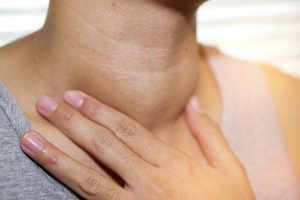 Reduced hormone levels
Reduced hormone levels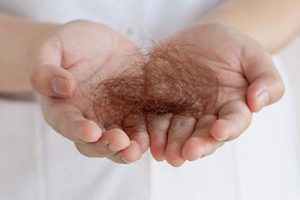 Hair thinning
Hair thinning Incorporate antioxidant dark berries (blueberries, blackberries, raspberries) into your diet as well as black grapes, as these will pigment your liver, reduce free radicals and detoxify your blood.
Incorporate antioxidant dark berries (blueberries, blackberries, raspberries) into your diet as well as black grapes, as these will pigment your liver, reduce free radicals and detoxify your blood.